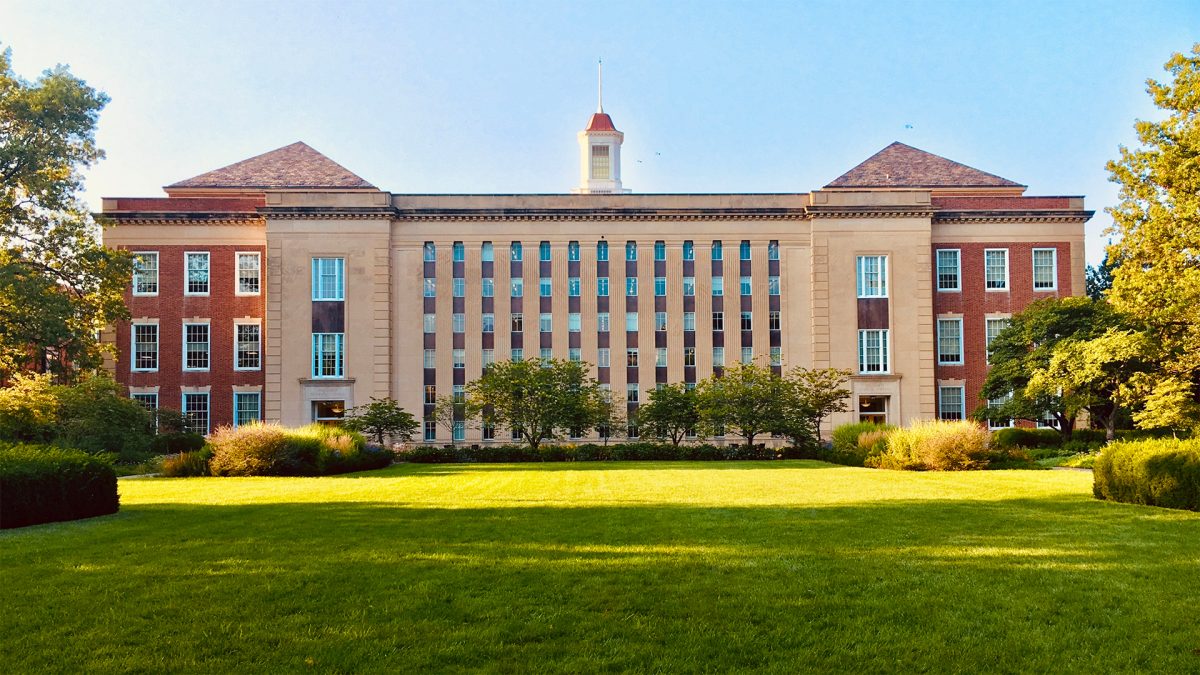The mere mention of “college” evokes a wide range of emotions among the Class of 2025 across the nation—excitement, anxiety, and trepidation, to name a few. As high school students embark on this pivotal journey, the need to excel in extracurricular activities, sports, and academics becomes paramount for their future college admissions.
For many seniors, the weight of these decisions can feel overwhelming.
“The application process feels like a waste of time,” remarks senior Will Farmen. “Most people enter their major and switch halfway through. It just feels like a lot of stress.”
Yet, insights from past graduates offer a valuable perspective, encouraging current seniors to acknowledge that this arduous phase is temporary and will soon culminate in a significant transition.
Despite the exhaustive nature of the admissions process, it will ultimately conclude in late May when seniors walk across the stage, diplomas and all.
“The guidance from previous seniors has been instrumental in helping our class understand that this process is finite,” states senior Ellianna Valkenburg. “I am eager to move past this phase and to finally know where I will be attending next fall.”
Some institutions have already begun releasing admissions decisions, notably Ole Miss and the University of Alabama, which follow a rolling admissions model. This allows applicants to receive decisions just weeks after submitting their applications.
Valkenburg herself has applied to several schools with rolling admission policies, including Stetson University.
“The advantage of rolling admission lies in the earlier notifications, which alleviates some pressure from the overall process,” she explains. “It provides an early indication of where I might be going, or at least a reliable backup.”
While college may seem daunting to some, there are numerous alternative pathways to consider.
Senior Lucas Howes exemplifies a growing interest in trade schools. “I would prefer to pursue a trade because I am not interested in a 9-to-5 office job,” he shares.
In conclusion, the college journey presents a significant challenge for many seniors in the upcoming year. Although the application process may feel overwhelming, the long-term benefits are undeniable.
The Class of 2025 stands poised to transition from high school to higher education or alternative careers, ultimately shaping the workforce of tomorrow and the society in which they will thrive.

